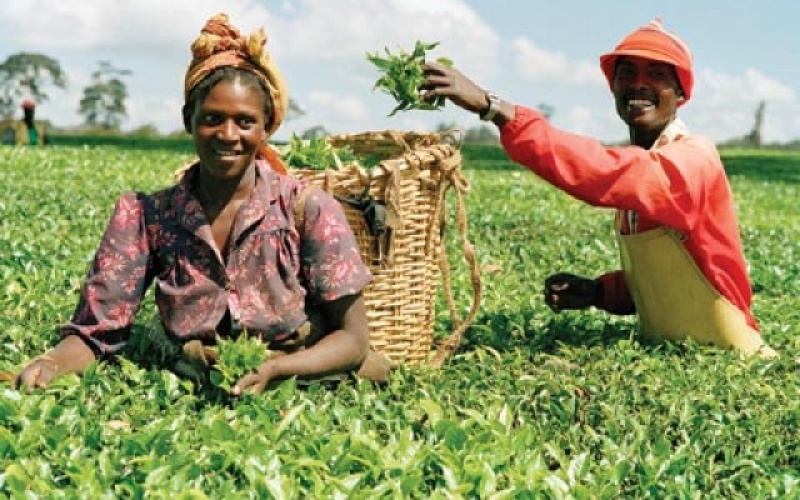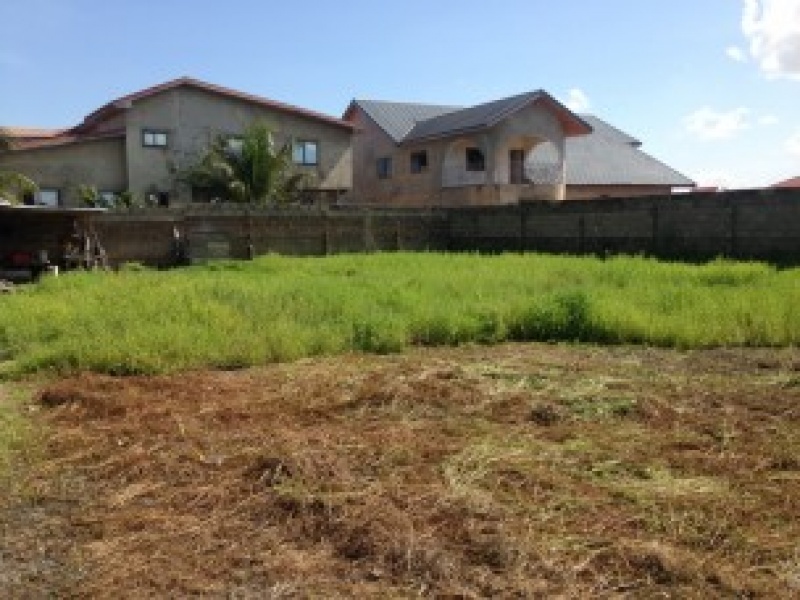
The Government of Canada has approved $125million for Ghana’s agricultural sector through a programme dubbed “Modernising Agriculture in Ghana” (MAG).
Through MAG, the Canadian government will assist Ghana’s Ministry of Food and Agriculture (MoFA) to help transform the agricultural sector to one that is more modern, equitable and sustainable.
The programme seeks to implement a comprehensive delivery of agricultural extension services, provide information related to fertilisers, pesticides, implements, encourage climate-smart agriculture and market-oriented training for farm households. This is also to help equip the district and regional departments of agriculture with extension materials, equipment and logistical support as well support innovative, demand-driven and market-oriented research for smallholder farmers.
This came to light during the launch of the MAG programme held at the main auditorium of the Savanna Agriculture Research Institute, SARI, at Nyankpala in the Tolon district of the Northern Region.
Addressing the forum, the Canadian Minister of International Development, Marie-Claude Bibeau, said the $125million of the MAG is to help bring cutting-edge innovation to the agriculture sector of the country. She noted the fund is to support all district and regional departments of agriculture, the Ministry of Food and Agriculture, and the Council for Scientific and Industrial Research. She emphasised a strong focus will be on research, where she believes innovation starts.
According to Ms Bibeau, majority of the funds under MAG will be used to deliver agricultural extension services across the country. “Extension agents play a critical role in helping farmers benefit from research and innovation. I am pleased to see some agents here in the room today. MAG will provide both new graduates and seasoned agents with state-of-the-art training. We will work together to revise the curriculum taught at agricultural colleges so it has a stronger focus on climate-smart production techniques and market-oriented approaches to farming. Extension agents will get the funds and logistics they need to reach farmers directly on their farms and in their communities,” she stated.
Marie-Claude Bibeau disclosed this would ensure farmers learn the newest techniques about how to diagnose and treat pests and plant diseases and become more resilient to climate change.
On his part, Minister of State, Dr Nurah Gyiele, of the Ministry of Food and Agriculture said the decision to concentrate these resources in improving agricultural extension delivery is significant and noteworthy. According to him, “we need a vibrant, technically equipped and motivated extension staff to be able to deliver critical messages needed by all agricultural actors for us to transform the agric sector”.
The minister noted the new support facility aims at improving the production and productivity of farmers through a market-oriented approach to farming and strengthening and modernising agricultural extension service delivery at the national, regional and district levels. Dr Gyiele indicated the support is in sync with the “Planting for Food and Jobs campaign”, the programme of the government which seeks to increase productivity and market access for key Ghanaian commodity value chains to ensure food security and job creation.
He, however, commended the people of Canada for the tremendous financial and technical support to the agricultural sector over the last decade. He revealed that from the period 2004 to 2013, the agricultural sector received in the form of budgetary support an amount of 215 million Canadian dollars. He said this is a significant gesture by the Canadian government.
Meanwhile, the Director General of the Council for Scientific and Industrial Research, Dr Victor Agyeman, commended the idea to devote some of the $125 million to research. He lamented the gravity of post-harvest losses recorded in Ghana per annum.
He said generally, the research strategy in the country creates conditions for innovations directed towards job creation, poverty alleviation and ensuring food security, sustainable environment and human settlement development all within the framework of driving socio-economic transformation.
Dr Agyeman noted: “Currently, it is estimated that 39 per cent of Ghana government support for research activities is geared towards the medical sciences, followed by 31 per cent towards the biological and geosciences. Support for agricultural research is next with about 13.3 per cent of funding, followed by science, mathematics, engineering and computing put together receiving 13 per cent of support. The social sciences are the last sector, with a distant 3.7 per cent of total funding.”
MAG is a five-year programme expected to run from 2017 to 2021.
Source: Ghana/AccraFM.com


































